Mary Louise Roberts is professor of history at the University of WisconsinMadison and the author of Disruptive Acts: The New Woman in Fin-de-Sicle France and Civilization without Sexes: Reconstructing Gender in Postwar France, 19171927.
The University of Chicago Press, Chicago 60637
The University of Chicago Press, Ltd., London
2013 by The University of Chicago
All rights reserved. Published 2013.
Printed in the United States of America
22 21 20 19 18 17 16 15 14 13 1 2 3 4 5
ISBN-13: 978-0-226-92309-3 (cloth)
ISBN-13: 978-0-226-92312-3 (e-book)
Library of Congress Cataloging-in-Publication Data
Roberts, Mary Louise.
What soldiers do : sex and the American GI in World War II France /
Mary Louise Roberts.
pages. cm
Includes bibliographical references and index.
ISBN 978-0-226-92309-3 (cloth: alkaline paper) ISBN 978-0-226-92312-3 (e-book)
1. United States. ArmyOfficersSexual behaviorFranceHistory20th century. 2. SoldiersSexual behaviorPolitical aspectsUnited States. 3. SexMilitary aspectsFranceHistory20th century. 4. World War, 19391945FranceHistory. 5. World War, 19391945United StatesHistory. 6. SoldiersUnited StatesAttitudes. 7. SexFrance. 8. United StatesForeign relationsFranceHistory20th century. 9. FranceForeign relationsUnited StatesHistory20th century. I. Title.
D769.8.S6R63 2013
940.53'1dc23
2012033963
 This paper meets the requirements of ANSI/NISO Z39.48-1992 (Permanence of Paper).
This paper meets the requirements of ANSI/NISO Z39.48-1992 (Permanence of Paper).
WHAT SOLDIERS DO
Sex and the American GI in World War II France
Mary Louise Roberts
THE UNIVERSITY OF CHICAGO PRESS
CHICAGO AND LONDON
Dedicated in loving memory to my parents
EMMIE ROBERTS AND JAMES H. ROBERTS
Contents

Map of Normandy and Brittany
Acknowledgments
It gives me great pleasure to thank the many sources of funding I received to research and write this book. I am grateful to the John Simon Guggenheim Memorial Foundation for making possible a research leave during the academic year 20078. The Institute for Research in the Humanities at the University of Wisconsin provided extremely valuable time to write, both in the spring of 2005 as a visiting fellow and in the last two years as a senior fellow. I am most in debt to the truly extraordinary resources at the Graduate School of the University of WisconsinMadison, which provided me with a Vilas Associate Fellowship in 2005, a sabbatical in the spring of 2010, and generous summer grants throughout the research process. The support of the Graduate School has deeply enriched my life as a scholar and significantly broadened my research horizons. I am indebted to Judith Kornblatt and Susan Cook, in particular, for their support. In addition to these sources, the Center for European Studies at the University of Wisconsin provided travel funds at a key moment in my research, and the Womens Studies Research Center provided crucial time away from teaching in the spring of 2009. Finally, a grant from the University of Wisconsin System Institute on Race and Ethnicity made it possible for me to obtain the very costly court-martial transcripts from the US Army Judiciary.
One of the pleasures of writing What Soldiers Do has been the discovery of the French departmental and municipal archives. For their extremely courteous, warm, and professional guidance, I would like to thank Sylvie Barot at Les Archives Municipales de la Ville du Havre; Manonmani Restif at Les Archives Dpartementales de la Marne; Bruno Corre and Fabrice Michelet at Les Archives Dpartmentales du Finistre, Patrick Hlis at Les Archives Dpartmentales du Morbihan, and Louis Le Roch Morgre at Les Archives Dpartmentales du Calvados. I am particularly indebted to Alain Talon at Les Archives Dpartementales et du Patrimoine de la Manche for his generosity with time and resources. Also in Normandy, Stphane Simonnet, Directeur Scientifique at Le Mmorial de Caen, could not have been more welcoming and helpful. In Paris, Franoise Gicquel and Grgory Auda at Les Archives de la Prfecture de la Police and Anne-Marie Path at the Institut dHistoire du Temps Prsent gave me excellent guidance. In the United States, I received superb help from Kenneth Schlessinger at the National Archives, David Keough at the US Army Military History Institute, and Steven Fullwood at The Schomburg Center for Research in Black Culture.
What Soldiers Do sometimes took me far away from my own field of France and gender, and much of the book could not have been written without the help of the American historians at the University of WisconsinMadison. I would like to thank John Cooper, Nan Enstad, John Hall, Susan Johnson, and Will Jones for their vital guidance and criticism. Stan Kutler provided me with contacts at the National Archives, as well as much-appreciated early enthusiasm for the project. In doing so, he gave me the confidence to venture into something completely new. For their critical readings and support, I would also like to thank Suzanne Desan, Fran Hirsch, Florencia Mallon, David McDonald, David Sorkin, Steve Stern, and John Tortorice. Stan Payne read a draft of the whole book and gave me the benefit of his vast knowledge of the Second World War. Laird Boswell also read the entire manuscript with the utmost care and precision; I am so lucky and grateful to be his colleague and friend.
Beyond Madison, I want to thank the anonymous readers for the University of Chicago Press and Oxford University Press. Their incisive suggestions made What Soldiers Do a much better book. Once again Susan Bielstein has been an extraordinary editor, providing general wisdom and detailed criticism in equal measure. I so appreciate her belief in this book. It has also been a great pleasure to work with Mark Reschke and the efficient, quick-witted Anthony Burton. Despite illness, Dor Hesselgrave shared his memories of Paris with me in the last months of his life; I am so thankful to him and to Gwenyth Claughton for putting us in touch. Andr Lambelet, Adriane Lentz-Smith, Bronson Long, Rebecca Pulju, and Tyler Stovall all provided invaluable research leads and critical readings. Ellen Amster, Holly Grout, Jeffrey Merrick, and Dan Sherman of the Wisconsin French History group offered extremely helpful comments on a draft of was published in the American Historical Review; I am very grateful for the incisive and meticulous criticism I received from the anonymous reviewers at this journal. This book also gained enormously from the audiences in France and the United States who read drafts or listened to talks and offered suggestions, comments, and questions. I would like to thank the hosts who made such encounters possible: Andrew Aisenberg, Marie Chessel, J. P. Daughton, Laura Lee Downs, R. Douglas Hurt, Hilary Miller, Malachi Haim Hacohen, Lloyd S. Kramer, Patricia Lorcin, Sarah Maza, Rachel Nuez, Stephen Schloesser, Jennifer Sessions, Judith Surkis, Timothy Snyder, Don Reid, and Whitney Walton. I am also deeply appreciative of the French scholars who offered warm collegiality: Patrice Arnaud, Bruno Cabanes, Guillaume Piketty, Jean Quellien, Fabrice Virgili, and particularly Laura Lee Downs and Patrick Fridenson. Andy Myszewski, Jeff Hobbs, and Kelly Jakes provided excellent research assistance. Without a doubt the graduate students at the UW are the center of my intellectual world. I am so fortunate to have them in my life. Finally and most importantly, I want to thank Joan Scott, Bonnie Smith, Christine Stansell, and William Reddy for being so supportive of my career as a scholar. Without them, this book would not have been possible.
Next page
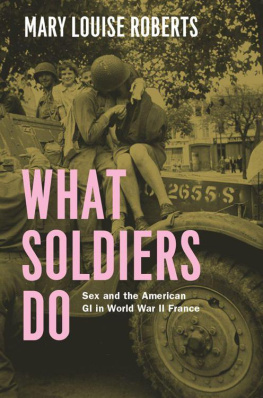
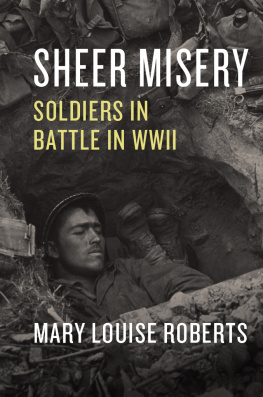


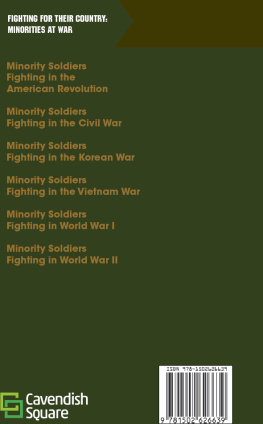
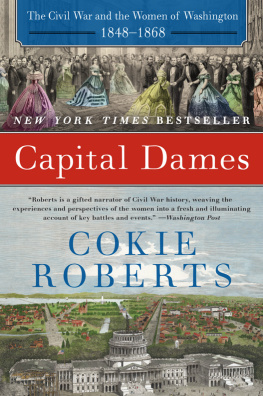
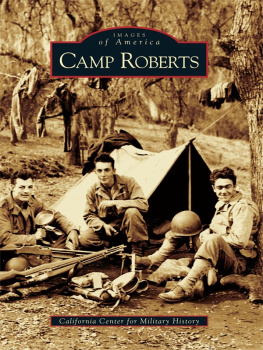
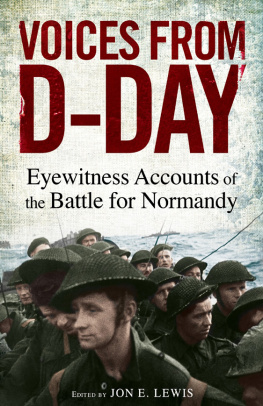
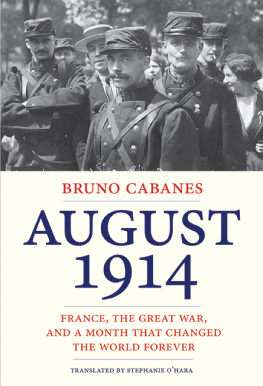
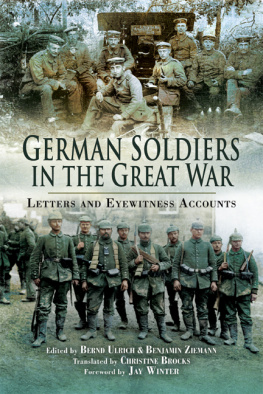
 This paper meets the requirements of ANSI/NISO Z39.48-1992 (Permanence of Paper).
This paper meets the requirements of ANSI/NISO Z39.48-1992 (Permanence of Paper).